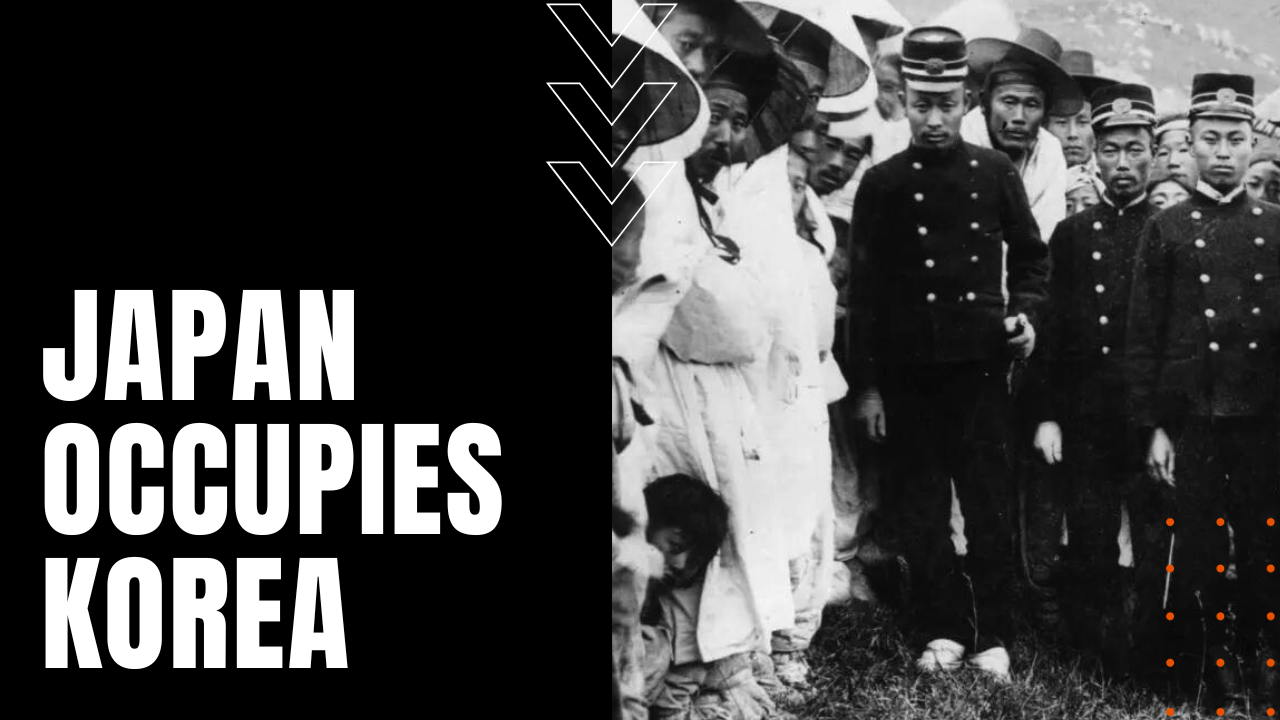Japan’s Occupation of Korea

Dating back as early as 1592, the Empire of Japan made repeated and quite dogged attempts to invade the sovereign nation of Korea, finally achieving their goal on August 22nd, 1910, when Japan announced their “annexation” of Korea to the outside world. In the name of establishing control over Japan’s latest imperial possession, Japanese authorities waged an all-out war on every aspect of Korean culture, forbidding the use of the Korean language in schools, universities and public places, while outlawing the use of non-approved textbooks that taught the truth about Korean history dating as far back as 2333 BC.
Lost History
The Japanese also burned over 200,000 historical documents in an attempt to wipe the nation’s history from the collective memory of a generation of Koreans. To further the insult, soon after occupation began, the Japanese tore down a third of the royal palace that had stood in Seoul since 1395, turning the remaining structure into a tourist attraction for visiting Japanese. They also transformed the Korean landscape by felling millions of trees, replacing them with non-native species until the land had been transformed into something Koreans no longer recognized.
Slave Labor
As World War Two loomed ever closer, hundreds of thousands of Koreans were forced to work in Japanese factories, while hundreds of thousands of Korean women were forced into sexual slavery as comfort women, who served against their will in military brothels for homesick Japanese soldiers. Despite Korea’s years of cultural genocide, resistance to Japanese rule continued to show its face with periodic bouts of protests, including the 1919 March First Movement, when more than 1,500 simultaneous protests broke out across the country in the name of Korean independence, which led to their brutal suppression by Japanese military forces.
Return of Prosperity
Years after Korea’s 1945 liberation by U.S. and Soviet forces, during the 2018 Olympic Winter Games, an NBC commentator noted how Korea’s transformation into a thriving First World economy was due to the “cultural, technological and economic example” of Japan, reopening old wounds for a generation of Koreans, leading to an apology petition signed by tens of thousands of South Koreans, making the Japanese occupation of Korea, yet another blatant stain on the age of imperialism.
